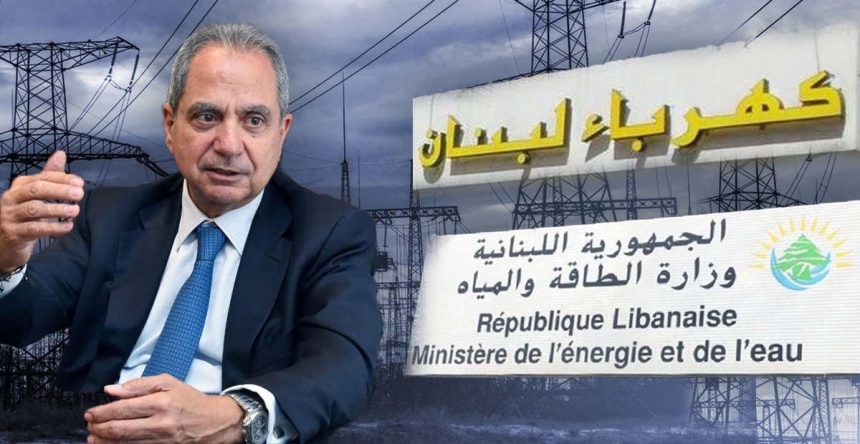On August 23, Lebanon received 132,000 metric tonnes of gas oil from Kuwait to supply Électricité du Liban’s (EDL) power plants, half of which was provided as a grant. The remaining volume will be financed through EDL’s own bill collections, following a decision by the Energy and Water Minister to stop borrowing in order to fund fuel procurement. The policy, long advocated by LIMS, marks a break from past reliance on central bank financing or public debt and signals the reformist intent of the new government.
The structure of the deal highlights the chronic weakness of Lebanon’s state-owned utility. EDL collects only about 50 per cent of electricity bills, often with delays stretching beyond a year — a dynamic reflected in Kuwait’s half-donation. While the latest shipment provides temporary respite, systemic reform is required to tackle losses in revenue collection and improve the sector’s financial viability.
LIMS has urged the government to adopt a distribution model based on private electricity distribution companies (EDC). Under such a framework, private distributors would purchase electricity in bulk from EDL or independent power producers and resell it to consumers. Because their revenues depend directly on collection rates, these EDC would have a strong incentive to enforce payment, in contrast to EDL’s weak enforcement mechanisms. LIMS argues that this approach would boost revenues, reduce the fiscal burden of unpaid bills, and improve service reliability by enabling EDL to finance its full fuel needs.
LIMS further stressed that sustainable reform must begin with the appointment of the long-delayed Electricity Regulatory Authority (ERA), which is mandated by law to oversee licensing for electricity distributors and producers. For the ERA to play an effective role, it must operate independently, with a mandate to liberalise the sector, foster private-sector participation, and dismantle entrenched monopolistic structures.
Formalising the role of private diesel generators, which already achieve near-total bill collection, is another step LIMS views as essential. Integrating them into the formal market could help address distribution gaps and encourage investment in renewable capacity. Many generator operators are shifting to hybrid solar-diesel models, and equal access to infrastructure would allow efficient generators to remain competitive, while less efficient players would be phased out over time.
- Lebanon As A Hub For Exporting Iraqi Oil… If Not For The Corruption Of The Corrupt! August 15, 2025: Al Modon, Article AR
- Lebanon’s Electricity In 2029 From Egypt.. So Wait, August 26, 2025: Al Jadeed, Video Interview AR
- The Delay In Collection Worsened The Electricity Crisis, And The Solution Lies In Private Distribution Companies, August 28, 2025: Al Jadeed, Video Interview AR
- Electricity Update: Unrealistic Proposals And The Crisis Remains Stalled, August 29, 2025: Al Joumhouria, Article AR
- Decline Of Public Services And Escalation Of Financial Burdens On Citizens, August 29, 2025: Al Jadeed, Video Interview AR

